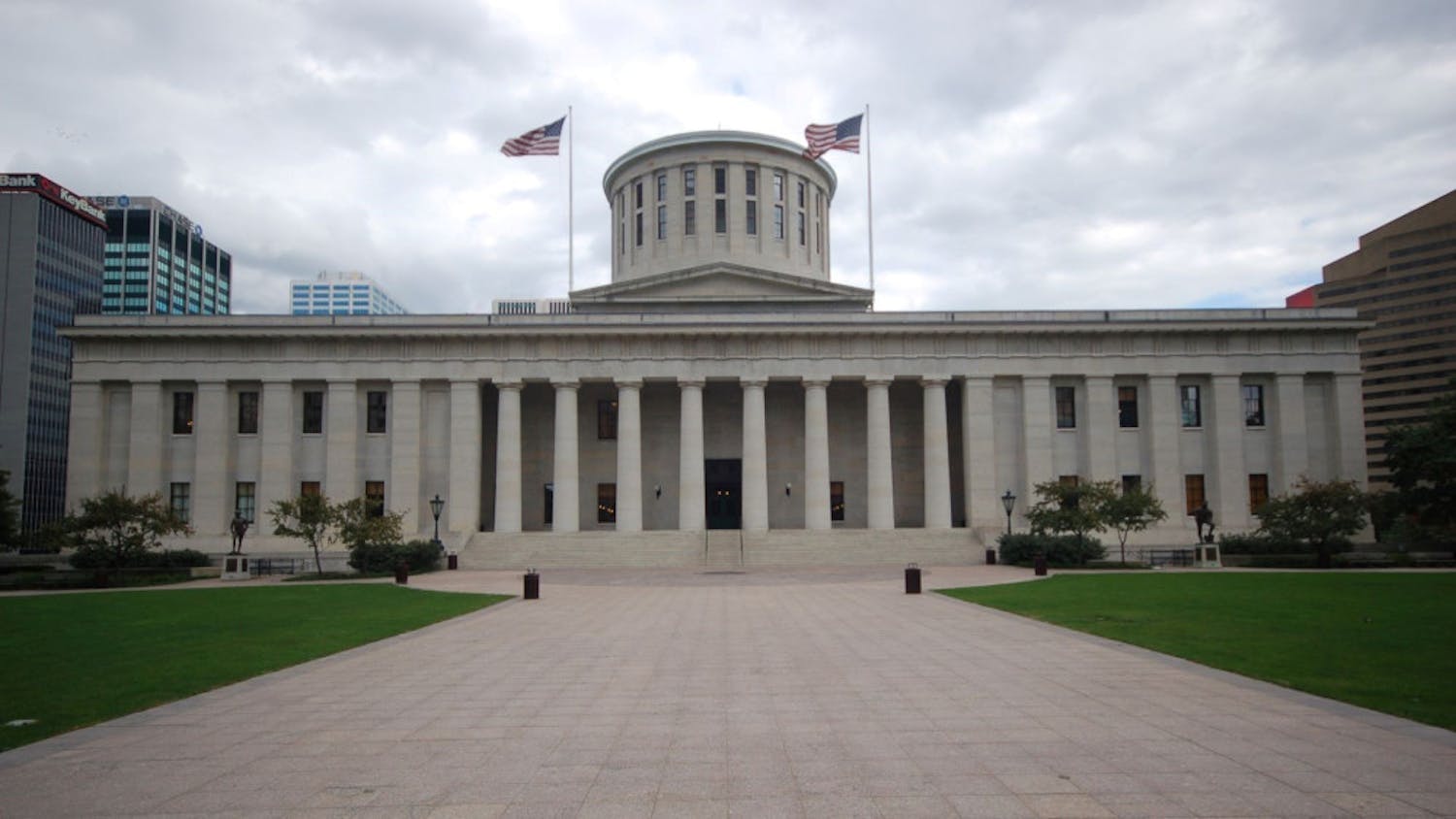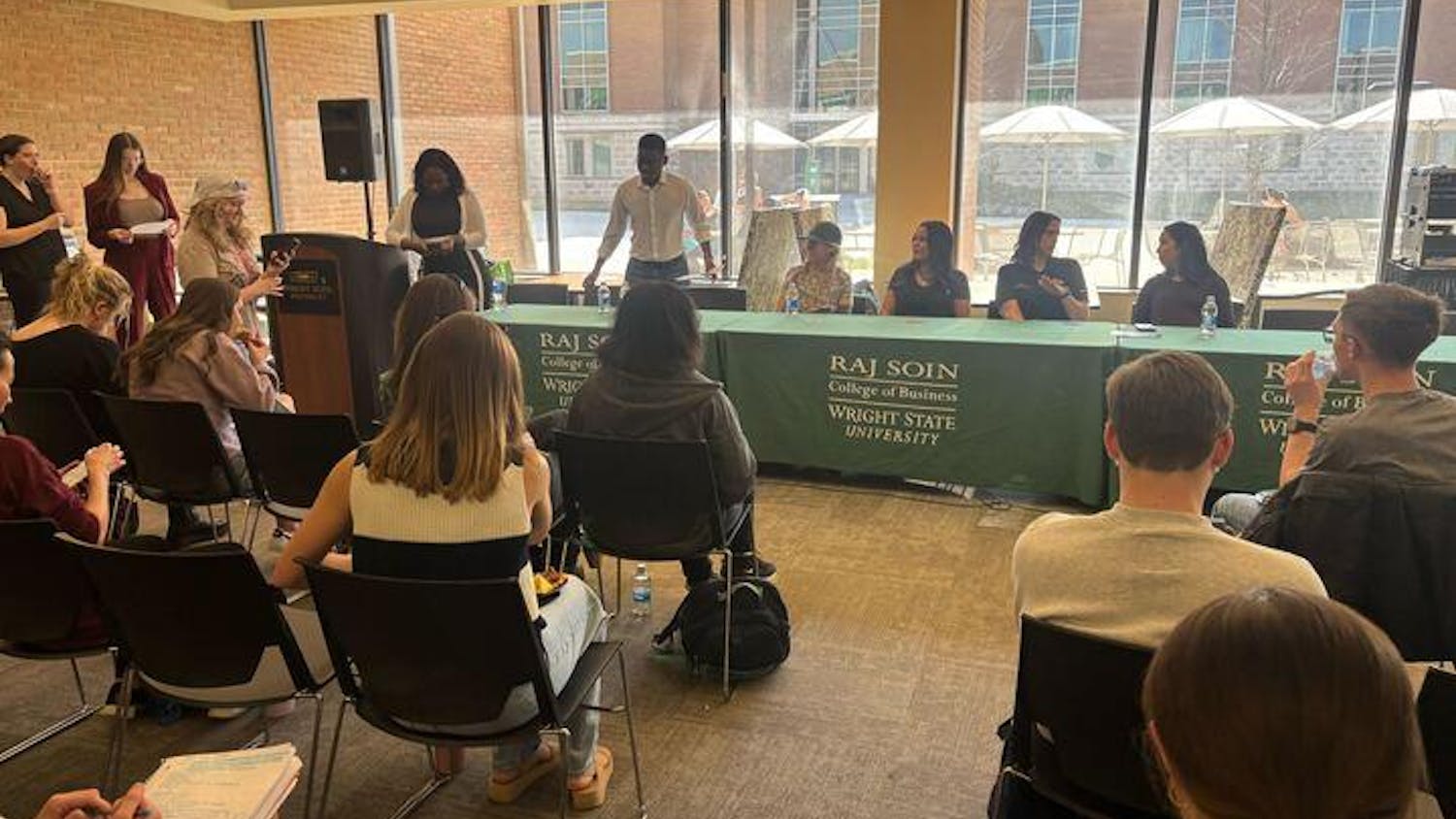So, whatever happened to Occupy Wall Street?
Over the past few months, the public eye and mainstream media coverage have shifted their critical gaze away from this potential revolutionary movement.
Since Occupy Wall Street’s disappearance from the headlines, the progressive movement to end economic inequality (among a plethora of other things) has been put on the mental backburner.
Perhaps like most flora and fauna, the Occupy movement was only hibernating over the desolate winter months. After all, who likes to protest in the cold? In fact, as April forges onward, we are likely to see more demonstrations spring up across America like dandelions.
With renewed efforts, anti-corporate activists hope to bring even more attention to their cause, this time around. The 99% appears to still have some tricks up their sleeves.
“I agreed with the message, but the movement overall lacked direction, which was probably why it disappeared. Honestly, I hadn’t even noticed it was gone,” said Zach Donley, a sophomore Spanish major.
Although many still remain skeptical of whether or not the movement will have a lasting impression on American politics and economics, Occupy Wall Street’s work has allegedly just begun.
The spring of 2012 marks the beginning of a more powerful initiative. The 99% Spring is one of these initiatives. According to the 99% Spring’s website, the campaign was launched February 15 with the commitment of 40 movement leaders and organizations.
The newly founded coalition aims to “mobilize the 100,000 Americans that have pledged themselves to activism and fighting against the corrosive power of major multinational corporations and banks,” according to the 99% Spring website.
Through a series non-violent protests, demonstrations, rallies and assemblies, this Occupy Wall Street-based organization will vocalize their qualms -- as loudly as possible -- with the amount of influence money has in our political and social constructs.
The 99% Spring will be spending the next week training its dedicated activists in the logistics revolving around the crumbling economy and how to effectively make a difference through peaceful displays of public action.
To learn more about The 99% Spring and to find out how you can get involved, log onto their website at www.the99spring.com or follow them on Twitter @The99Spring.
Another development in Occupy Wall Street’s crusade against social injustice is the organizing of a rally that will take place on the weekend of July 4 in Philadelphia, Pennsylvania.
This demonstration will be loosely based on an event with which we are all familiar: the gathering of the Second Continental Congress.
The 99% Declaration Working Group, the organization behind this event, plans to elect 876 “delegates” for a national assembly.
“The delegates will ratify a petition for a redress of grievances against the 1% and those in positions of power whose influence is swayed by the prospect of money,” said Michael S. Pollock, an attorney who co-founded the working group.
The main goal of this event is to raise awareness of the growing polarization between classes and the unfair distribution of wealth in the United States.
On May 1, Occupy leaders and organizers are calling for a “general strike” in hopes that every Occupy Wall Street chapter across the nation will participate simultaneously in their respective cities.
Sophomore and math education major, Jerod Weber said, “I think the Occupy movement has done great things by bringing to light the injustices the middle and lower classes face daily. At this point, I feel the Occupy movement has done its job and will be forever a part of American history.” He said, “I know some cities are trying to revitalize, but unless they’ve come back with new tactics, strategies, and goals, it’s all for nothing more than what they’ve accomplished thus far.”
Josh Wenzell, a junior studying Pre-Med said, “I think it’s a misguided movement whose anger and frustration would be much better directed at DC than on Wall Street.”
Occupy Wall Street will continue exercising the right to peacefully assemble and advocating its revolutionary ideals until “power is restored to the people.”
The alleged unfair advantages the 1% has over the 99% and the myriad of oppressions that have resultantly been waged on the majority remain the mastheads of this progressive movement.
An abundance of similar issues, such as the sanctity of privacy, the importance of an easily obtainable education, and the necessity of participating in one’s government will also be called into question by Occupy Wall Street in the coming months ahead.
To see a complete list of upcoming Occupy events, visit http://www.nycga.net/events/.












